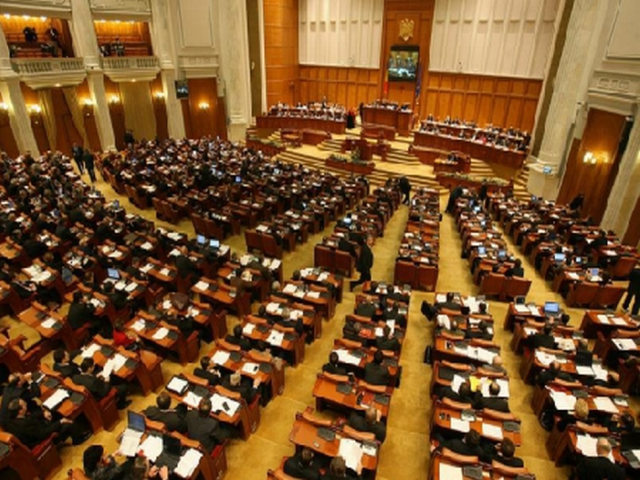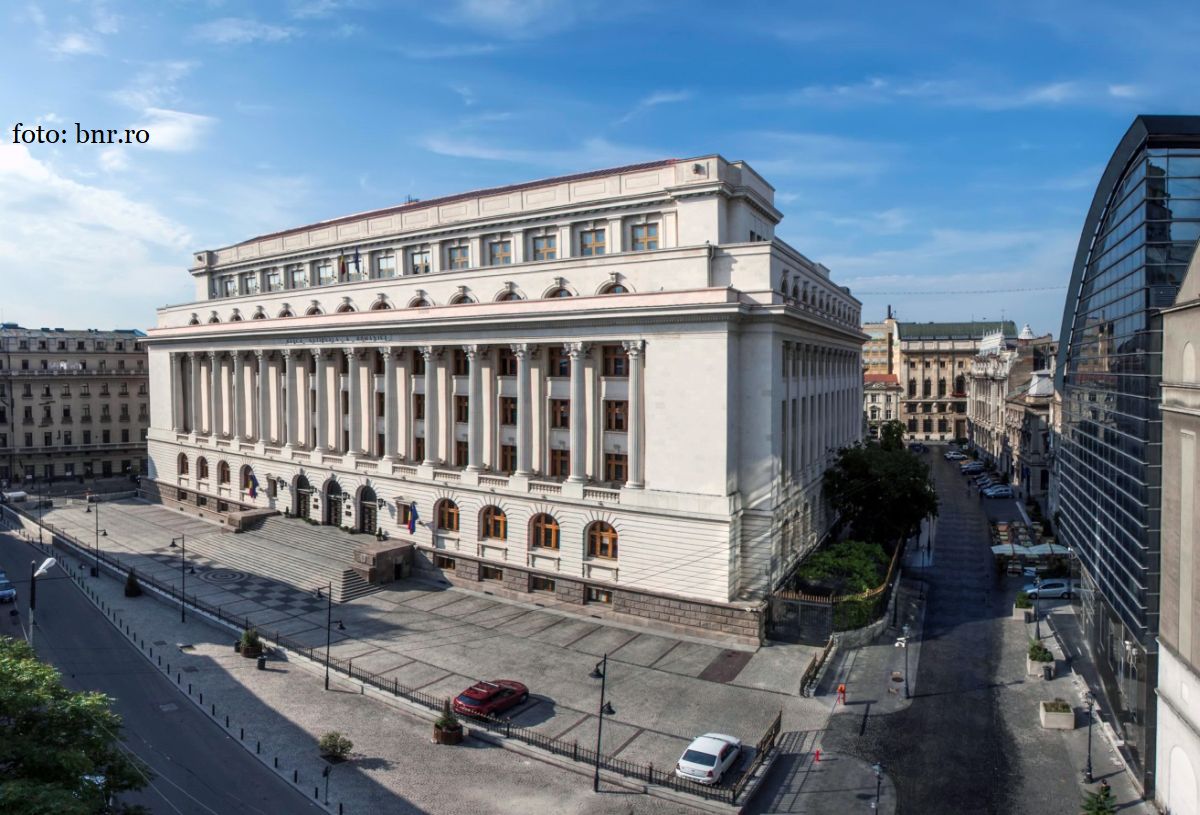Romanian Parliament Starts the Spring Session
Parliament's spring session seems to be centered around the upcoming local elections.

Roxana Vasile, 01.02.2016, 13:10
Romanian deputies
and senators got back to work on Monday when Parliament’s first session this
year started. Their activity in the upcoming period will
be defined by preparations for the local elections due in June and
parliamentary elections at year-end. The resignation, last November, of the
coalition government controlled by the Social Democrats and its replacement
with a technocratic government have been regarded by some as convenient, as it
gives ambitious politicians time to prepare for their encounter with an
electorate that is increasingly disappointed with political leaders.
Many of the country’s politicians have been
brought to justice for corruption and for pursuing an agenda of their own that
has nothing to do with the goals of the communities they promised to represent
when they asked for their vote. From this perspective, the first Parliament
session this year will not be spared by controversy, generated mostly by
disagreements over the current election law, which stipulates that mayors will
be elected in just one round of voting. Less
than six months ahead of the locals, the National Liberal Party wants the
election law changed back to its previous form, namely to the two-round
system of voting. The Liberals’ initiative is
only supported by a small party, namely the People’s Movement Party.
Another priority for the Romanian MPs is the law on equity swap,
protecting people who took out loans to buy a house. Under the new bill, the debtor has the right to pay off the mortgage
loan by transferring to the lender the ownership right over the mortgaged
property in favour of the creditor, without further payment. President Klaus
Iohannis sent this bill back to Parliament to be re-examined at the end of last
year. According to the Social Democratic Party, the bill needs to support
citizens who are unable to pay their bank instalments, without, however,
having a great impact on the banking
system. The Social Democrats also want to bring the law in line with the
Constitutional Court’s decisions and resume debates on the revision of the
Criminal Code and Criminal Procedure Code.
This move has been triggered by the
criticism that the European Commission levelled against Romania under the
latest Cooperation and Verification Mechanism. Romania needs a coherent set of
laws that should convince Brussels of the fact that Parliament supports the
judiciary. Parliament’s green lighting the anti-corruption prosecutors’
requests to bring to justice some of its members suspected of corruption is
also a must. One such request was made by anti-corruption prosecutors for the
criminal investigation of former deputy prime minister and Interior Minister
Gabriel Oprea, for malfeasance in office.
The Parliament’s spring agenda also includes laws with social and
budgetary impact, some of them hiding some electoral interests as well. Talks
on the privileges that Romanian MPs have granted themselves, such as increased
salaries for some of them and special pensions for current and former
Parliament members and mayors will also be tackled.






























